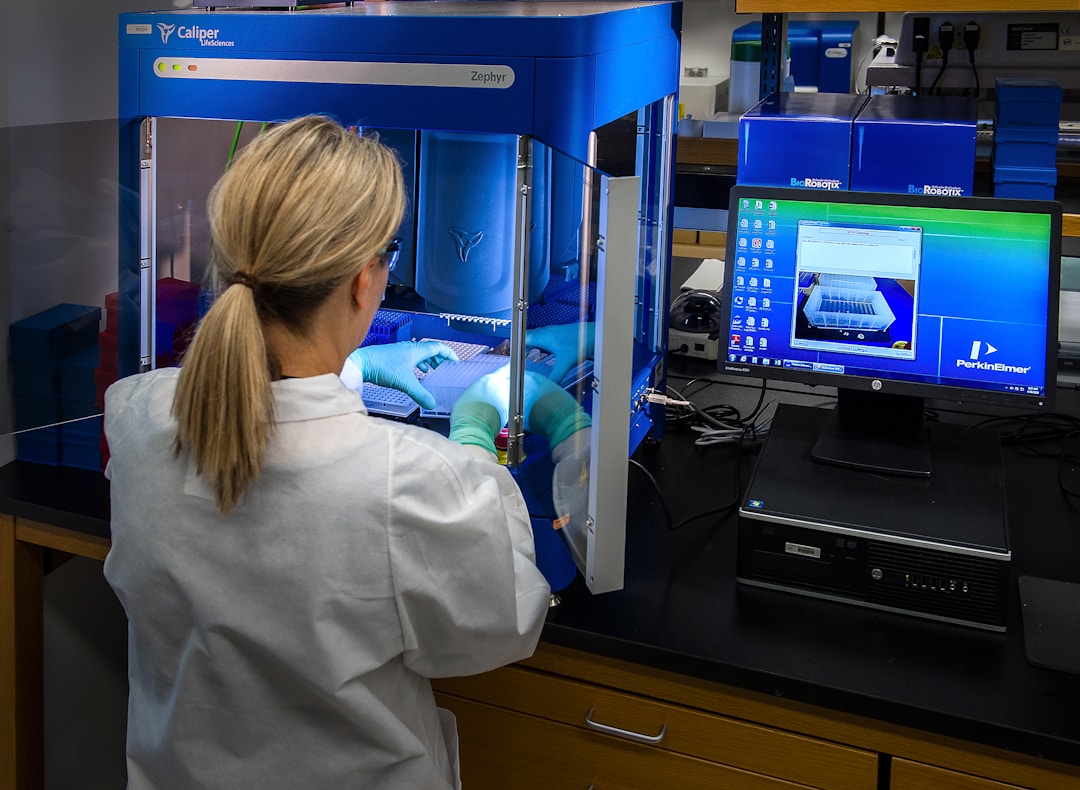In the U.S., a growing interest in mental health studies has led to a high demand for researchers and practitioners in various areas. As new developments in understanding learning disabilities and their links to social behavior emerge, Behavior Analysis has become a larger field of interest. If you’re currently in a degree program focusing on the relationship between behavior and competency, it may be worthwhile to consider an Applied Behavior Analysis degree. Not only is this specific area applicable to a wide-range of mental health career opportunities, but as a field of study, more coursework is becoming available. Here, we will look at just a few reasons to consider an Applied Behavior Analysis degree, as well as a few of fascinating job positions that utilize such an accreditation.
Applied Behavioral Analysis and Modern Healthcare

In the United States, many degree programs pertaining to mental health careers now to include elements of Applied Behavioral Analysis (ABA) within the existing coursework for psychology and psychiatry. Likewise, numerous job positions include modern concepts of behavioral analysis. Many medical doctors even retain a trained ABA for various tasks within their private practices. For example, a forensic psychiatrist may assign fieldwork to an ABA for their own practice. Likewise, therapists and other specialists in psychotherapy or neurology require similar fieldwork and assessments for particular patients. With ongoing studies into anxiety disorders, bipolar disorders, and proper medication management being conducted everyday, the findings of an ABA can be increasingly valuable. Additionally, Special Education teachers and social workers can benefit from working alongside an ABA, and will often attend seminars taught by a Behavior Analyst in order to learn about human behavior.
Following the completion of their degree program, a Behavior Analyst often dedicates their time to researching the link between human behavior and learning competency. This research is often conducted through hands-on assessments with individual patients or through researching the academic studies of a psychologist, medical doctor, or clinician. The outcome of an ABA’s findings can contribute in assigning proper treatments and medications. Today, this is particularly important in the study of Autism Spectrum Disorder and similar developmental disabilities. In essence, though, a student of modern human behavior can use Applied Behavior Analysis online programs in almost every area of mental health. Because of the far-reaching nature of this degree program, ABA studies are available through online programs, as well as advanced Master’s Degree programs. Either option builds off the prerequisite course sequence of psychology coursework for the final accreditation.
Behavioral Analysts and the Private Sector
Another major benefit of a degree in Applied Behavior Analysis is its value in the private sector. A wide variety of settings require the knowledge of a board certified Behavior Analyst, even outside the medical field. For example, corporate Human Resources departments often require classes and training programs for their onboarding process. This coursework may contain elements of social behavior and learning competency. Those classes are based on research conducted by Behavior Analysis practitioners. In addition, actual onsite classes may be given by an ABA acting as a third-party instructor. Within the healthcare industry, social workers, intervention organization staff, and both CNAs and RNs are required to either take training classes with Behavior Analysts, or study materials prepared by ABA researchers. A psychiatrist in Northern, VA may require psychological tests and assessments conducted offside or in another part of the United States, and will employ an accredited analyst to conduct the needed travel for hands-on research.
However, nowhere is the experience of an Applied Behavior Analyst more valuable than within the pharmaceutical industry. For example, both online degree programs and in-person Master’s degree options can provide the additional requirements for Behavioral Pharmacology. This specialized branch of behavior analysis merges the traditional degree prerequisites for psychology or a medical degree with pragmatic medication management. With this concentration, practitioners are able to focus on the potential effects of various medications, specifically the impacts of prescription medications on developmental disabilities and competency. An ABA program with a specialty in Behavioral Pharmacology is in a unique position to conduct assessments and run psychological tests that can be of great value to drug manufacturers, as well as the medical doctors and psychiatrists assigning medications to their patients.
The importance of an Applied Behavior Analyst’s work as an accredited consultant doesn’t end there. With years of experience in both human behavior and medications, an ABA can also contribute to the success rate of attaining insurance plans for individuals with mental illness and developmental disabilities. In some instances, individuals may fail to meet eligibility requirements for insurance coverage on medication prescriptions if their diagnosis isn’t recognized. An ABA’s assessments and psychological tests can positively affect attaining the needed drugs at affordable insurance rates.
Applied Behavioral Analysis and Criminal Justice

Another important function that an ABA plays is as an expert on human behavior for the United States’ legal system. Just as forensic psychologists may be needed as expert witnesses or third-party consultants for an attorney’s private practice, an ABA may be utilized for needed fieldwork. As noted by Dr. Ned Hallowell, founder of the Hallowell Center, and specialist in the mental health and competency of both adults and adolescents, legal decision-making regarding young individuals with developmental disabilities and related mental health issues may be at stake. Individuals may have their competency assessed with the aid of a Behavior Analyst. This specific function is not only an important role for Applied Behavior Analysts, but can also be fascinating work. Often, the research leads to major rulings on how human behavior is viewed within the criminal justice system.
For different court cases, the American Board of Psychiatry may report on a ruling for future precedents in how developmental disabilities, social work, medication management, substance abuse, and other topics regarding a defendant’s mental health is viewed. An ABA’s contributions to expert witness testimony can have long-lasting influence on the legal interpretation of different mental health issues. Forensic Psychiatry is a major factor in many criminal cases, and the research, psychological tests, and final analysis of a Behavior Analyst can be of great value in determining legal precedents for all future rulings.
